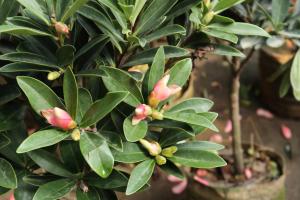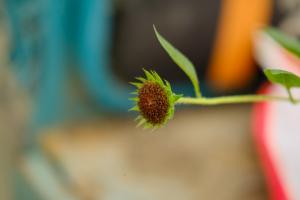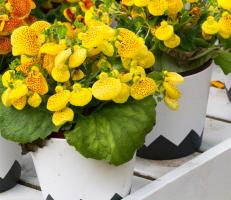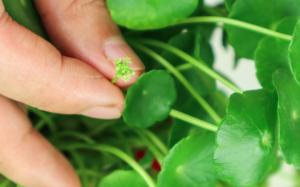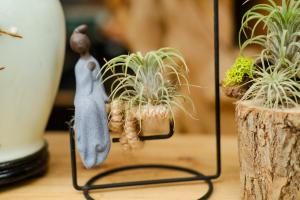Does Spraying Vinegar and Water on My Plants Prevent Bugs?
In recent years, many people have turned to more natural and chemical-free methods for keeping their plants healthy and free of pests. One common method that has gained popularity is spraying a mixture of vinegar and water on plants to deter bugs. But does this method actually work? In this article, we will explore the effectiveness of using vinegar and water as a pesticide and whether it is a safe and sustainable option for plant care.
What is Vinegar?
Vinegar is a common household item that is made by fermenting ethanol from a variety of sources such as grapes, apples, and grains. The fermentation process produces acetic acid, the active ingredient in vinegar that gives it its sour taste and strong odor. Vinegar has long been used as a cleaning agent, food preservative, and home remedy for a variety of health issues.
Is Vinegar Effective Against Insects?
There are mixed opinions on whether vinegar and water actually deter insects from attacking plants. Some gardeners have reported success with using vinegar as a pesticide, while others claim that it is ineffective or even harmful to plants. There is very little scientific research on the topic, so it is difficult to say definitively whether vinegar and water can be reliably used as a pesticide.
Are There Any Risks to Using Vinegar on Plants?
While vinegar is generally considered safe for plants, there are some risks associated with using it as a pesticide. The acid in vinegar can damage plant foliage and stems if used in strong concentrations or if used too frequently. It can also disrupt the natural pH balance of the soil, which can have negative effects on plant growth and health in the long term. Additionally, vinegar can be harmful to beneficial insects such as bees and ladybugs, which are important for pollinating plants and controlling other insect pests.
How to Use Vinegar and Water as a Pesticide
If you decide to use vinegar and water as a pesticide, it is important to use caution and follow these guidelines:
- Mix 1 part vinegar to 3 parts water to create a diluted solution.
- Test the solution on a small area of the plant before applying it to the entire plant.
- Avoid spraying vinegar on plant foliage in hot, dry weather, as the sun can intensify the concentration of vinegar and cause damage.
- Use the solution sparingly and avoid getting it on the soil or other plants.
- Monitor plant health after application, and discontinue use if any negative effects are observed.
Remember, there is no one-size-fits-all solution for pest control, and it is important to explore a variety of methods to find what works best for your plants and your environment.
Conclusion
While there is no clear answer to whether spraying vinegar and water on plants can prevent bugs, it is generally considered safe to use in moderation. It is important to remember that vinegar is not a miracle cure for pest control and should be used in conjunction with other methods such as pruning, fertilizing, and using beneficial insects. By taking a holistic approach to plant care, you can create a healthy and thriving garden that is resilient against pests and disease.

 how many times do yo...
how many times do yo... how many planted tre...
how many planted tre... how many pine trees ...
how many pine trees ... how many pecan trees...
how many pecan trees... how many plants comp...
how many plants comp... how many plants can ...
how many plants can ... how many plants and ...
how many plants and ... how many pepper plan...
how many pepper plan...

